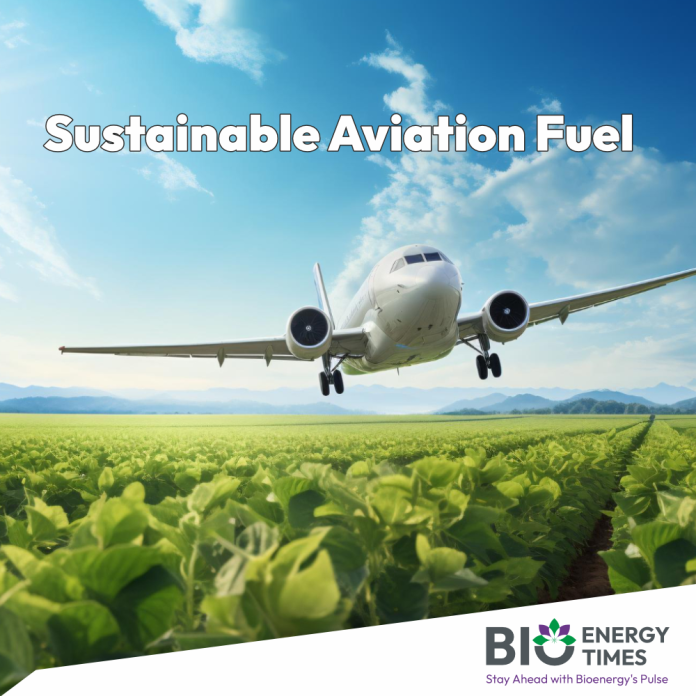According to a report by the Roundtable on Sustainable Biomaterials (RSB) and supported by Boeing, feedstocks from Southeast Asia could meet around 12% of global sustainable aviation fuel (SAF) demand, aiding the commercial aviation industry’s goal of achieving net-zero emissions by 2050.
The assessment, which covers 11 countries in Southeast Asia, indicates that the region’s bio-based feedstock capacity could produce about 45.7 million metric tons of SAF annually by 2050.
Additionally, around 75% of the potential SAF feedstock can be derived from post-consumer and agricultural waste, such as cassava, sugarcane, and municipal solid waste.
Sharmine Tan, Boeing’s regional sustainability lead for Southeast Asia, commented, “This research highlights Southeast Asia’s diverse SAF feedstock availability and its significant potential in meeting global SAF demand.”
She added, “By collaborating on sustainability policies and infrastructure investments, regional governments and industries can scale up local production and develop regional SAF capabilities, positioning Southeast Asia to contribute significantly to a more sustainable aviation future while enhancing its economy and protecting the environment.”
Unblended or “neat” SAF, which contains no fossil fuels, has the greatest potential to reduce aviation carbon emissions over the next 30 years, with the ability to cut emissions by up to 84% over its lifecycle.
In 2023, SAF accounted for just 0.2% of global commercial fuel use.
Arianna Baldo, RSB’s programme director, stated, “Our research evaluates not only the potential volumes of feedstock available in Southeast Asia but also their environmental and social sustainability, including impacts on deforestation, water, and food security. These findings will guide future SAF feedstock supply and encourage exploration of other agricultural and industrial waste materials.”
To read more about Sustainable Aviation Fuel Industry News, continue reading BioEnergyTimes.com















